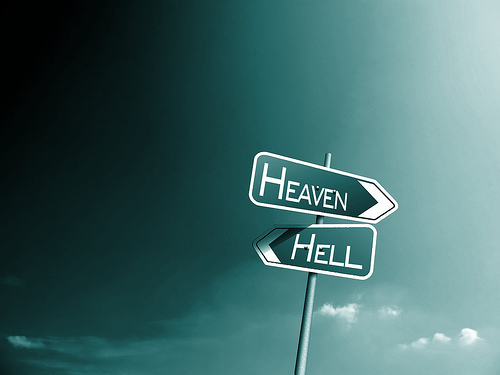In Google We Trust
Posted: 12 June 2014
 I love Google. I use that little search bar numerous times every day. If I want to know what to cook for dinner, study the history of sandpaper or find out the time in Nigeria the method is always the same…Google. And it is a rare occasion when Google lets me down. Sometimes I have only fragments of information but sure enough, more often than not, Google knows what I am after. There are even times when I know the information I need is written somewhere very close by, but instead I’ll search for the information online. There is no doubt that our ability to find information so quickly on so many popular and obscure topics is one of the primary advantages of life in the 21st century. But just as every cloud has a silver lining, so every silver lining has a cloud.
I love Google. I use that little search bar numerous times every day. If I want to know what to cook for dinner, study the history of sandpaper or find out the time in Nigeria the method is always the same…Google. And it is a rare occasion when Google lets me down. Sometimes I have only fragments of information but sure enough, more often than not, Google knows what I am after. There are even times when I know the information I need is written somewhere very close by, but instead I’ll search for the information online. There is no doubt that our ability to find information so quickly on so many popular and obscure topics is one of the primary advantages of life in the 21st century. But just as every cloud has a silver lining, so every silver lining has a cloud.
Google was given its name as a derivative of googol which is the number one followed by a hundred zeros. The mission of Google’s two founders was to organise the seemingly infinite amount of information on the web. And it would seem that they really have succeeded. With over 2 trillion searches made through Google last year it’s clear that the world is keen to get its hands on as much information as it can. And rightly so, for information is a wonderful thing. The word ‘information’ is derived from the Latin stem informare meaning a sort of “formation of the mind”. This etymological meaning helps us to see that information is not only stuff we surround ourselves with, but in a much more profound way it shapes our very thoughts and thus the way we respond to situations. Read the rest of this entry »






